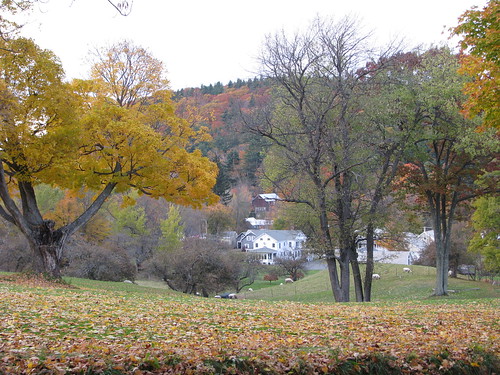(Originally published in
Scotland's The National on January 16, 2014)
Huge sigh of relief on Wednesday evening as Twitter filled with rumors that not only was Catalan President Mas emerging from the five-hour last resort meeting with other pro-independence activists, but that his chief opponent, as well as ally, ERC president Oriol Junqueras, would be speaking as well. For weeks, indy supporters had fallen into a depressing gloom unexplained by the warm, if weak, Catalan winter sun. A friend—herself a tireless volunteer for the Catalan National Assembly—confided, "I'm just fed up with the whole thing."

The aftermath of the successful if somehow bittersweet November 9th referendum was something like the let down after a fourth set tie-breaker at Wimbledon. So much energy had gone into fighting back after every obstacle that the Spanish government had put before the Catalan people to vote—and believe me, there's a reason why we envied Scotland's agreement with Cameron—that when we finally did get to vote, we weren't really sure what to do next. Like tennis, politics is a mental game, and we weren't out, but a lot of balls got by.
The current indy movement had begun with the furious reaction of the Catalan people to the Spanish evisceration of the Catalan Statute of Autonomy in 2010. Each year the demonstrations had grown bigger and more and more elaborate as the movement broadened and gathered more support. And while the people had organized into now large civil society organizations, there was also the idea that Catalonia's political leaders would have to bring the plan to fruition: taking the legal and political steps to gain Catalona's independence. Momentum was on our side.
Instead, after November 9th, our political leaders couldn't come to an agreement about what to do next. They presented their opposing plans in public, and outraged columnists and pundits discussed them feverishly over the following days in the paper and on radio and TV. Where the civic demonstrations had joined more than a million people with almost no questions of partisanship, the politicians quickly fell back into lots of old history, dirty laundry, and bad feelings. And the people, who had been leading the process all along, mostly kept silent so as to not add wood to the fire. There was a palpable pall over Barcelona the last several weeks. Had everything we had worked so hard for been lost so easily? It was like losing the next set 6-0.
On Wednesday, Carme Forcadell and Muriel Casals, the two women presidents of the largest civil society organizations in favor of Catalan independence along with Josep Maria Vila d'Abadal, the leader of the Catalan Municipalities for Independence, sat down with President Mas and Junqueras and told them they weren't getting up until an agreement had been found. Time was running out: municipal elections were coming up and the Occupy-style Podemos seemed increasingly like a threat to Catalan aspirations.
And it worked. They somehow dug down and found common ground. It's important to note that both the President and Junqueras began their presentations by asking the people's forgiveness for squandering the comraderie that had become a keystone of the Catalan independence process. It's a key point. Almost more important than the ultimate agreement—which offers Catalan Parliamentary elections on September 27 as a proxy vote on independence and a shared roadmap to develop state structures to prepare for independence until then—is the promised "climate of agreement" under which the parties say they will work to achieve those goals. Since Catalans self-deprecatingly say that when you get three people together you get four opinions, and still look sadly to the disastrous splintering of parties during the Civil War which was no small part of the dictator Franco's victory, overcoming this legacy and rediscovering this climate of agreement may be the single most important step toward independence.
Both politicians were smiling yesterday, and the legions of pro-indy Catalans on Twitter, as well as behind the scenes on Whatsapp, were both congratulating each other and quickly forgetting the demands that a few days earlier had seemed impossible to get beyond. Over and over I heard, "I would've liked such-and-such, but it's better that we're together." The first real tests will come with the municipal elections in May, including in Barcelona, where the two major pro-independence parties, President Mas' CiU, and Oriol Junqueras' ERC will face off. What happens there may well determine if we're mentally strong enough to win the fifth and final set on September 27th.


